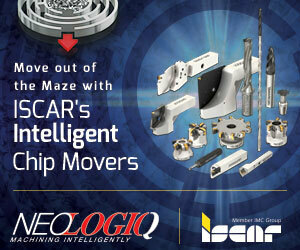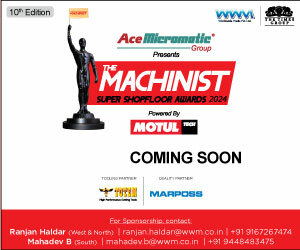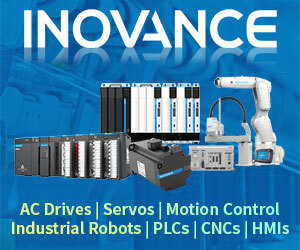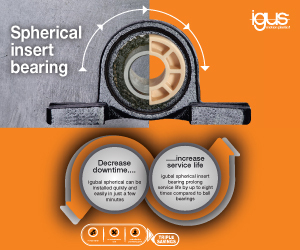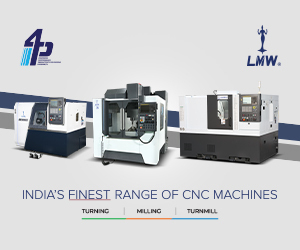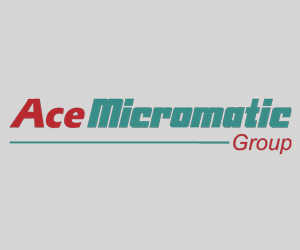
Tell us in detail about Tata Motors' commercial vehicle electrification journey.
In electrification, we have forayed into the e-cargo-mobility with the launch of Ace EV in the last-mile delivery segment which marked a big step forward in the journey towards zero-emission cargo mobility in India. The holistic solution co-created with our partners effectively caters to a variety of intra-city distribution needs and delivers a superior value proposition to all stakeholders. The vehicle is suitable for e-commerce intra-city deliveries, waste management, FMCG and parcel & courier applications.
For e-buses, the demand incentives, standardisation and aggregation of demand through CESL and pull from state and local authorities is building strong demand. Government initiatives have significantly sought to spur growth in this sector. The unveiling of the National Electric Mobility Mission Plan 2020 has significantly helped expedite the adoption of electric vehicles, and considerable steps have been taken to accelerate the growth of electric and hybrid components in the automotive sector. Under the FAME I and FAME II initiative, Tata Motors has supplied e-buses to multiple STUs. Over 730 e-buses are plying on Indian roads with a cumulative running of ~70 million kilometres. The company has also won a definitive order of over 2,600 e-buses including 1,500 units from Delhi Transport Corporation, 921 units from Bengaluru Metropolitan Transport Corporation and 200 units from Jammu & Kashmir Road Transport Corporation. Tata Motors also actively sets up necessary charging, maintenance and supporting infrastructure. We are the first e-bus manufacturer in India to supply to a retail customer - Endress+Hauser Flowtec (India) Pvt. Ltd.
What is the future roadmap for electrification of Commercial Vehicles in India?
Sustainable mobility is the need of the hour. For commercial vehicles, we expect the shift towards electrification to be through alternate fuels (Natural Gas, Biofuel etc). As a result, the industry will continue to provide a variety of fuel choices to meet specific application needs while eventually switching entirely to EVs. However, electrification is a significant transition, initially in intra-city cargo and passenger transportation. Tata Motors is working to identify such applications and understand the customer requirements related to electrification.
Kindly elaborate on ‘One Tata' initiative.
The unique ‘One Tata' initiative helps leverage the core proficiencies of various Tata Group companies to offer the best comfort, performance, and low cost of operations. Tata Motors, in association with Tata Power, also provides end-to-end charging infrastructure at the bus depots.
With your expertise in developing electric commercial vehicles, how are you making your mobility solutions relevant to your customers?
We are geared up to follow this growth trajectory through our continuous engagement with customers to understand their evolving needs. We will continue to build our product and service offerings to align with customer's requirements while leveraging our enhanced network, engineering prowess, and a valuable after-sales offering encapsulated in Sampoorna Seva 2.0 - Tata Motors' - commitment to commercial vehicle driver welfare, uptime guarantee, on-site service, customised annual maintenance, and fleet management solutions.












